Any artist who has habitually written or performed in character — from David Bowie to Lady Gaga — eventually arrives at their Mike Yarwood moment: ‘And this is me!’ With the release of her sixth solo record, Anaïs Mitchell has reached the point of personal revelation. ‘I’ve spent a lot of time trying to write in the voice of other characters,’ she says. ‘It felt like after so many years of working on telling other stories — now here are some of mine.’
In 2020 Mitchell was named one of Time magazine’s 100 most influential people. Nevertheless, she requires an introduction. I’m sure I was one of the first British writers to interview her, in 2010, back when she was an obscure indie-folk artist working out of Vermont. She had released three records to muted acclaim and had been worrying away for a few years on a scrappy ‘folk-opera’ called Hadestown, based on the Orpheus myth. (Mitchell is not shy of a literary allusion or three; she was, after all, named after Anaïs Nin and her father, Don Mitchell, was a hippie-era novelist.)
Fast forward a decade or so. After a long gestation, in 2019 Hadestown made its Broadway debut and became an unlikely sensation, winning eight Tonys, including best musical, and a Grammy. For some reason, its depiction of Hades as ‘a sadistic wall-building boss-king’ seemed to go down a treat in the age of Trump. It played to warm reviews at the National Theatre and touring productions have since put bums on seats as far away as South Korea.
And yet Mitchell is still an obscure indie-folk artist — at least on this side of the pond. Success in the world of musical theatre has presumably brought bountiful rewards, but it has not necessarily helped establish her as an artist in her own right. Hadestown effectively derailed that part of her trajectory. To bring it to fruition, ‘I had to become so single-minded and really put blinders on to my other creative life.’ This new record, pointedly eponymous, is her first collection of new material since Young Man in America in 2012.
It followed a series of major events that happened almost all at once. At the beginning of the pandemic, nine months pregnant, Mitchell moved from Brooklyn back to her grandmother’s homestead in Vermont — ‘literally my happy place’. A daughter was born a week later, and these songs appeared shortly after. They denote a line in the sand; a designated ‘before’ and ‘after’. ‘I’d look at pictures on my phone from a few months earlier and wonder, whose life was that?’ she says. ‘This record, and the songs that are on it, came out of that time.’ Hence her Yarwood moment, and the relinquishing of defences and distance.
Recorded more or less live in a converted church near Woodstock, NY, they are songs of death, love, marriage, memory. Childhood, childbirth, children. As you might expect with an artist whose roots are planted in the world of narrative folksong, poetry and balladry, the words do most of the work. The best song, ‘Brooklyn Bridge’, is an epiphanic city snapshot told over a simple repeating piano phrase and pulsing sonics. ‘Real World’ is a short, sweet, fingerpicked ode to the tangible. ‘On Your Way’ rather tenuously equates the ‘one-take’ spontaneity of music-making with a whole life philosophy. Lyrically, ‘Backroads’ is Ed Sheeran’s ‘Castle on the Hill’ transposed from Suffolk to New England, which isn’t nearly enough to redeem it. ‘Little Big Girl’ has a welcome ragged country-rock energy, before things turn a little Slow and Significant with the closing trio of ‘Now You Know’, ‘The Words’ and ‘Watershed’.
As a piece the album is rootsy, warm and nicely imperfect. Mitchell is old friends with Bon Iver and the National, and members of both bands contribute to the record. The sound they create is pleasant, familiar, overly polite at times: acoustic-based, with elements of electronic modernity and occasional rock dynamics. The interjections of saxophone, and Nico Muhly’s arrangements for strings and flute, work well. I’m a fan of Mitchell’s breathy, lilting vocals, but they won’t be to everyone’s tastes.
To point out that there is nothing here with the punch and reach of something like ‘Why We Build the Wall’, or the chutzpah of ‘Our Lady of the Underground’, both from Hadestown, is probably to miss the point. This story is one of reflection, self-discovery and settlement. Mitchell tells it quietly, and well. Whether it will make her more famous than her Tony-blitzing creation remains to be seen.
Got something to add? Join the discussion and comment below.
Get 10 issues for just $10
Subscribe to The Spectator Australia today for the next 10 magazine issues, plus full online access, for just $10.
Anaïs Mitchell is released on 28 January on BMG.
You might disagree with half of it, but you’ll enjoy reading all of it. Try your first month for free, then just $2 a week for the remainder of your first year.

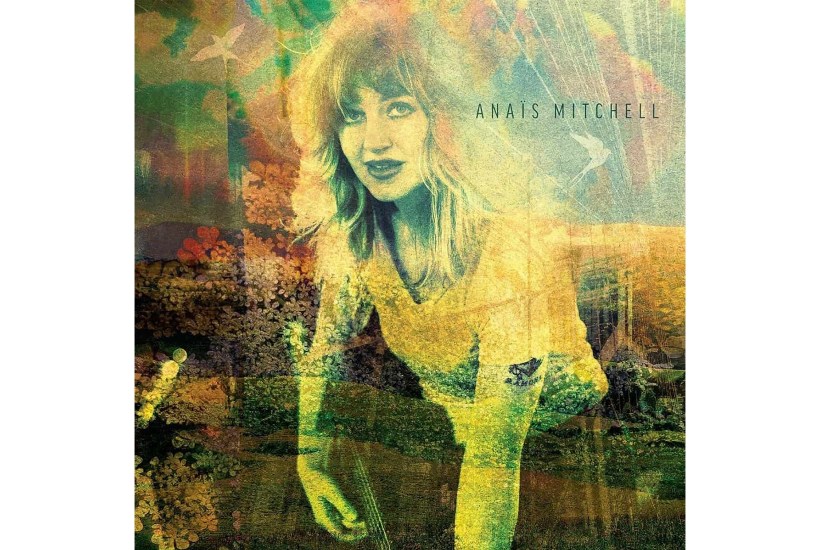
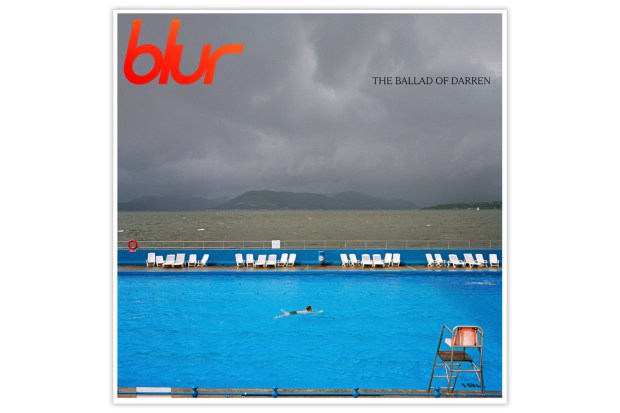
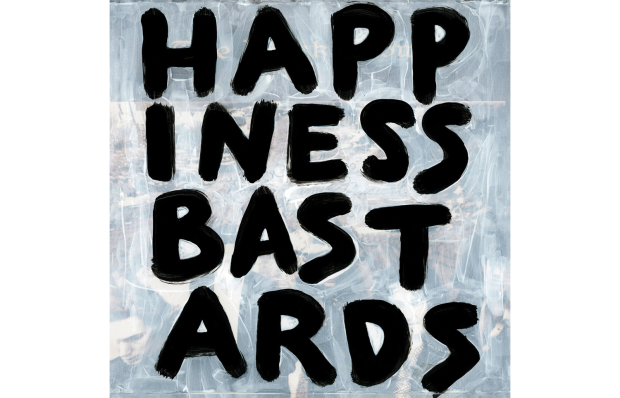

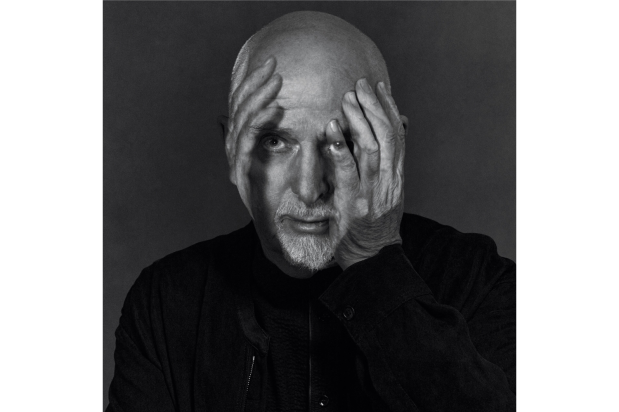

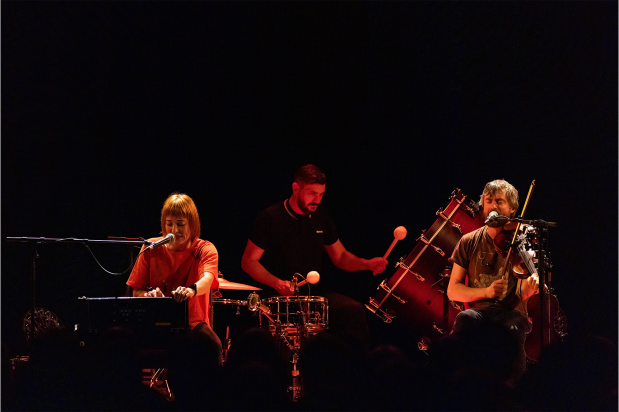






Comments
Don't miss out
Join the conversation with other Spectator Australia readers. Subscribe to leave a comment.
SUBSCRIBEAlready a subscriber? Log in